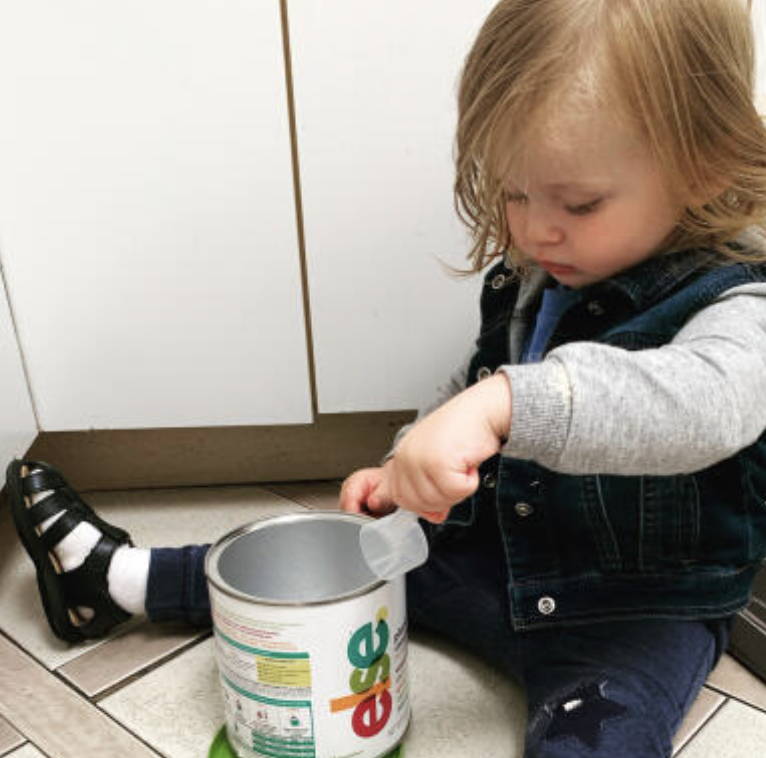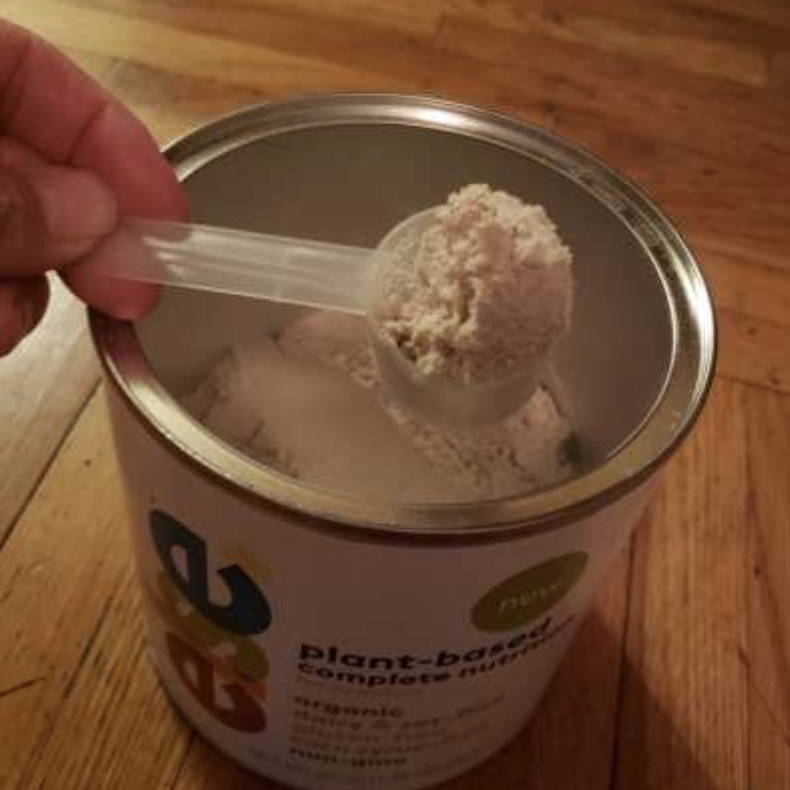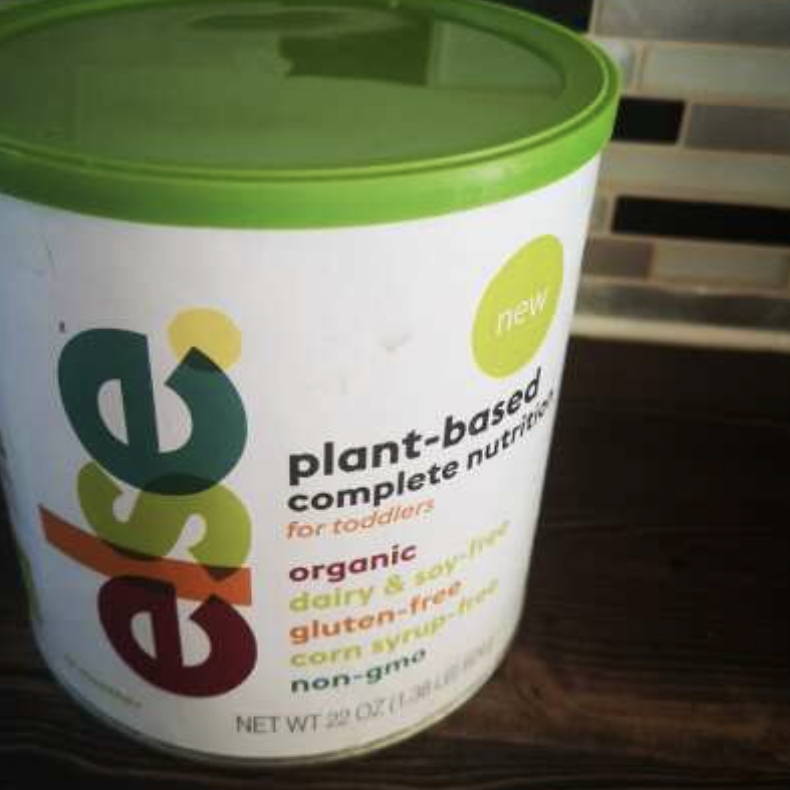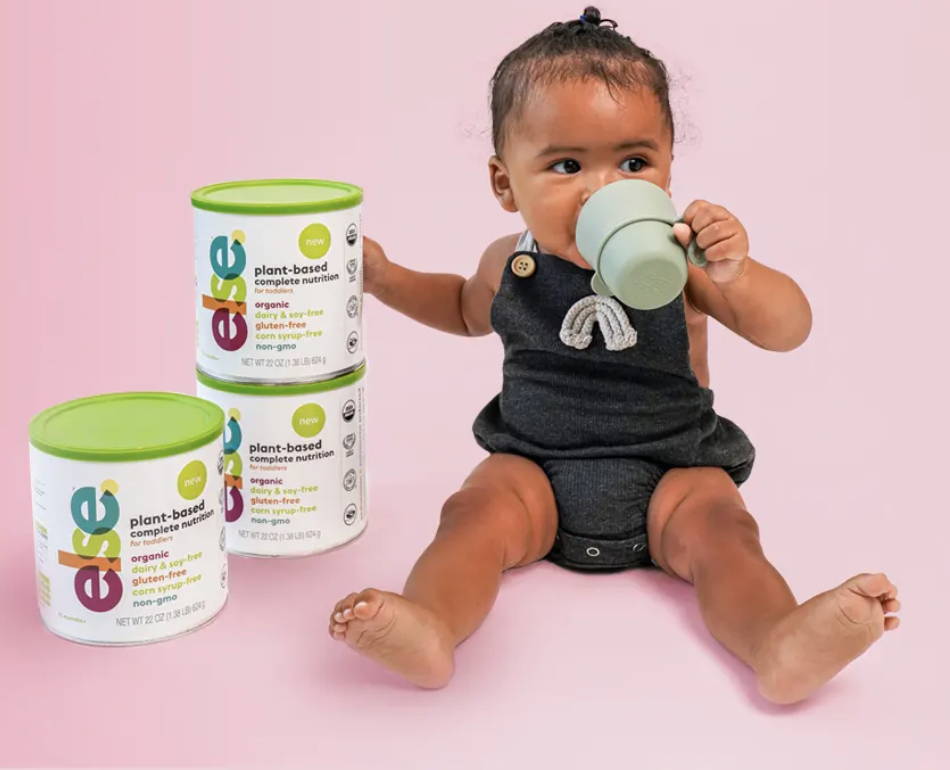
Help Your Toddlers Grow With Else
Introducing our Clean Label, Plant-Based formula packed with protein, vitamins, and key minerals to help your little one grow big and strong. Made with over 90% whole food plant-based ingredients - almond, buckwheat, and tapioca and +20 vitamins and minerals designed to support healthy growth & development of toddlers.
Shop Our Top Picks For Toddlers
Learn About The Whole Food Difference.
Download Our Free Recipe Book!
Find Further Resources For Every Parent
The Whole Foods Difference of Else Nutrition
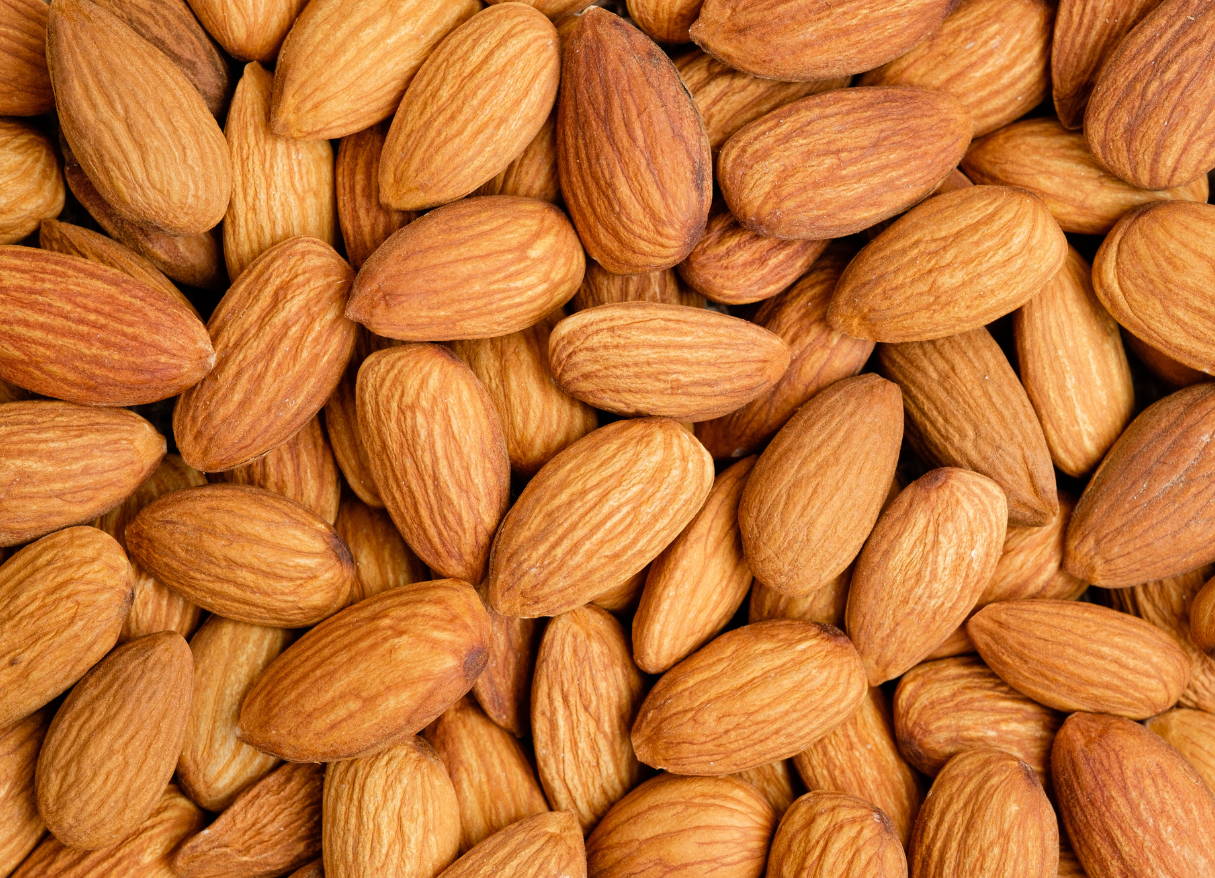
Organic Almonds
Almonds are incredibly digestible, which is important for small, developing tummies. They’re also known to have anti-inflammatory effects, which provide health benefits throughout all stages of growth and development. The essential fatty acids found in almonds are good for brain development and cognitive function.

Organic Tapioca
Tapioca is an easily digestible carbohydrate for little tummies and is packed with a high amount of important nutrients. For instance, tapioca is an excellent source of vitamin C, which plays a role in immune function, and acts as an antioxidant in the body, fighting off free radicals that can lead to damage and disease.

Organic Buckwheat
A highly nutritious pseudograin, buckwheat is a naturally gluten-free plant that has grain-like seeds. It’s a rich source of antioxidants and plant protein as well as essential micronutrients like magnesium, manganese, phosphorus, copper, and iron. Buckwheat is also high in fiber-rich prebiotics to help promote a healthy digestive system.
Get our Free Toddler Recipe Book!
Or Checkout Some Of Our Favorites!
Blueberry Banana Chia Pudding
Strawberry, Banana & Avocado Smoothie
Vegan Tropical Toddler Smoothie
Gluten-Free Banana Protein Pancake
Sweet Potato Blender Pancakes
JDairy-Free Hot Chocolate Bombs
New Parent Resources
Toddler Constipation Relief
Noticing a change in your child’s bowel habits can spark concern for parents and caregivers. However, you can rest assured knowing that bowel changes, particularly constipation and toddlers, is very common. In fact, according to the research, almost a quarter of all children in the United States experience constipation at some point.
Food to Help Promote Healthy Weight Gain in Toddlers
A common concern among parents and caregivers of young children is whether their child is at a healthy weight for their age and height. Kids are constantly on-the-go and have unique nutritional needs that sometimes require a boost in calories. If you’re wondering whether your child ןis not gaining weight as he is expected to, it’s important to know how to identify this and adopt the best approach to creating a nutrient -dense meal plan for them.
Sick Toddler Won't Eat or Drink?
It’s common for a toddler’s food preferences and overall appetite to fluctuate over time. All parents know the frustration of a toddler who gobbles up strawberries one day and then won’t touch them the next day. The frustration is compounded when your child gets sick.
Nutrition's Key Role in Toddler Growth
The first couple of years in a child’s life is a period of rapid growth and development, with many changes in eating and diet recommendations. While during the first year your baby's diet relies mostly on breast milk or infant formula (if breast milk is not an option), by the time they celebrate their 1st birthday, they should be eating a variety of foods from the family’s diet. At this age, they are still growing (even though the rate of growth slows) and good nutrition that meets their nutritional needs continues to play important role in growth and development.








